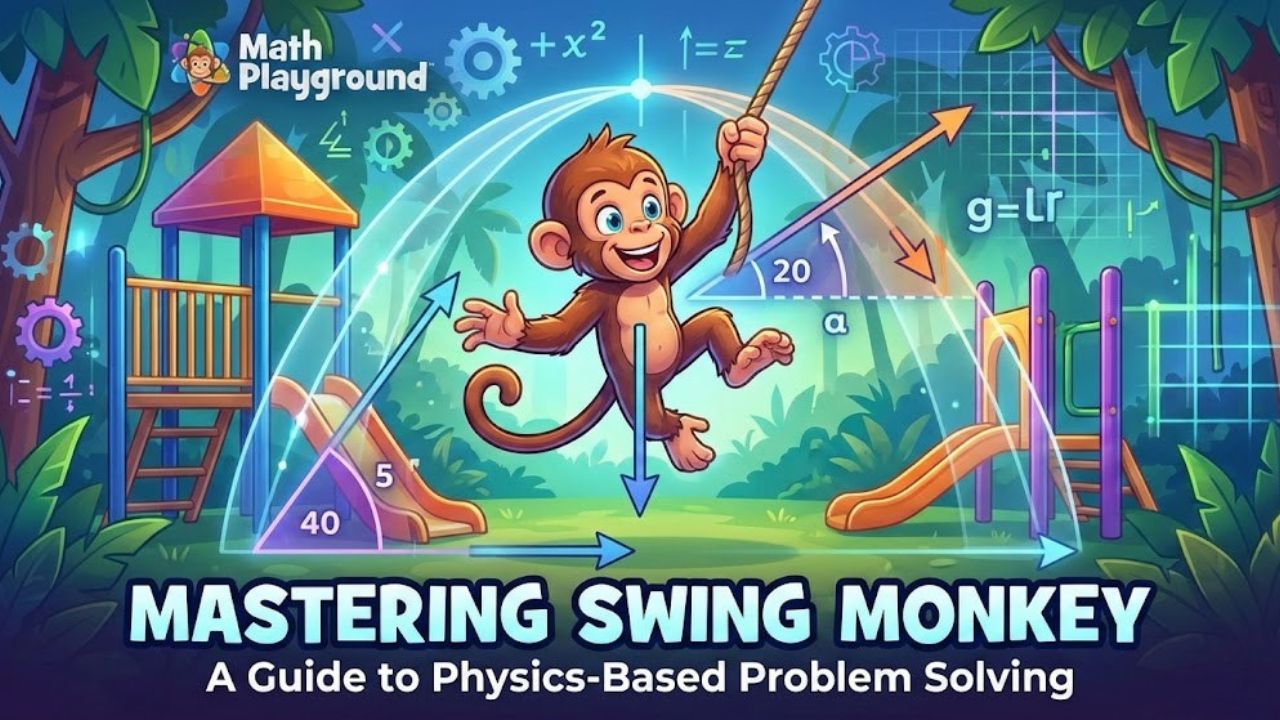The advent of advanced AI search engines like Google’s Bard and Microsoft’s Bing AI poses an existential threat to the multi-billion dollar search engine optimization (SEO) industry.
As AI delivers more direct answers to queries, the need to optimize websites for search results could vanish.
What is Search Engine Optimization?
For over two decades, companies, blogs, news sites and more have used SEO strategies to boost their visibility on search engines like Google and Bing. The goal is to appear higher in results when users search relevant keywords.
An entire industry of SEO consultants helps websites improve ranking by highlighting keywords, optimizing metadata and structure, and building inbound links. Top placement drives valuable web traffic.
How AI Search Engines Work?
Rather than show pages of blue link results, AI search engines directly provide text answers to user questions. For example, ask “Create a three-day Miami itinerary” and AI will generate a customized three-day itinerary for Miami.
By delivering immediate answers, users have less need to sift through multiple search result pages. This reduces the value of ranking highly in results.
Major Impact on Revenues
In 2022, the SEO industry generated $68 billion globally. Projections before AI estimated it growing to $129 billion by 2030. But generative AI could crush those forecasts.
Search engines also risk revenue declines. Google earned 58% of its 2022 revenues, some $162 billion, from ads via Google Ads. As AI answers bypass sponsored results, ad revenues could fall.
Small SEO firms and consultants who rely on search engines face existential risk. Google and Microsoft can offset losses via AI monetization.
Overcoming Early Challenges
AI search remains experimental and limited for now. Most models still produce some inaccurate or nonsensical outputs. Establishing user trust and loyalty will take time.
So while SEO retains value in the near-term, its days seem numbered as AI search quality improves. The rise of conversational AI marks the beginning of the end for search optimization.








































